You’re a Creative Working For Free?…
The creative industry is a diverse and thriving sector that encompasses a wide range of creative fields, including art, design, music, film, and literature. While it can be an exciting and rewarding industry to work in, there are also many dangers and pitfalls that creatives must be aware of, particularly when it comes to working for free.
In recent years, the trend of asking creatives to work for free has become increasingly prevalent, particularly among startups, small businesses, and non-profit organisations. While the intention behind this trend may be well-meaning, the reality is that it can have serious negative consequences for both the individual creatives involved and the industry as a whole.
One of the primary dangers of working for free in the creative industry is that it can lead to a devaluation of creative work. When businesses and organisations become accustomed to receiving free creative services, it can create a perception that creative work is not valuable or worthy of compensation. This can have a ripple effect throughout the industry, leading to a decrease in wages and a lack of respect for the creative profession.
Furthermore, working for free can create a cycle of exploitation and inequality within the industry. Often, those who are asked to work for free are young or inexperienced creatives who are just starting out in their careers. These individuals may feel pressure to take on unpaid work in order to gain exposure or build their portfolios, and may not have the resources or support to negotiate for fair compensation. This can create a power dynamic where businesses and organizations hold all the cards, and can take advantage of vulnerable creatives.
There are several ways in which businesses can abuse their power over creatives who are starting out in the industry. One of the most common forms of exploitation is through the use of unpaid internships. While internships can be a valuable learning experience for young creatives, they are often used as a way for businesses to access free labor. In many cases, interns are expected to perform the same tasks as paid employees, but without receiving any compensation. This can be particularly damaging for those who come from low-income backgrounds, as they may not be able to afford to work for free and may be excluded from valuable learning opportunities as a result.
Another way in which businesses can abuse their power is through the use of spec work. Spec work refers to the practice of asking creatives to produce work without any guarantee of payment. This can take many forms, from asking designers to submit concepts for a logo or branding project, to asking musicians to produce a track for a commercial without any compensation. While spec work may seem like a harmless way for businesses to see what a creative is capable of, it can be incredibly damaging for the individual involved. Not only does it devalue the creative's work, but it can also be a waste of their time and resources. Furthermore, if the business decides not to use the work that has been produced, the creative may be left with nothing to show for their efforts.
The use of unpaid work can also perpetuate a lack of diversity within the creative industry. Those who come from marginalized backgrounds, such as women, people of color, and LGBTQ+ individuals, may be more likely to experience financial barriers to entry into the industry. By relying on unpaid work, businesses and organizations may be excluding talented creatives from these communities who cannot afford to work for free. This can lead to a lack of representation and diversity within the industry, which can in turn perpetuate harmful stereotypes and reinforce existing power structures.
Furthermore, working for free can have serious financial implications for individuals who are just starting out in their careers. While some may argue that exposure and experience are valuable forms of compensation, the reality is that creatives need to be able to pay their bills and support themselves in order to continue to pursue their craft.
Valuing your work as a creative can be a challenging task, as it often involves a combination of subjective and objective factors. Here are some steps you can follow to help you determine your worth and how to price yourself to a business:
Research the market: Research other creatives in your industry to get an idea of the average rates and fees they charge for their services. This will help you gauge your own value and ensure that you are pricing your services competitively.
Determine your expenses: Make a list of all the expenses you will incur when working on a project, including your time, materials, equipment, and any other costs. This will help you calculate the minimum amount you need to charge to cover your expenses and make a profit.
Consider your experience and expertise: Your level of experience and expertise will also influence the value of your work. If you have specialised knowledge or a unique skill set, you may be able to charge more for your services.
Evaluate the scope of the project: Consider the complexity and duration of the project when determining your pricing. Projects that require more time and effort should generally be charged at a higher rate.
Negotiate: Be prepared to negotiate with potential clients, but also know your worth and don't undervalue your work.
When pricing yourself to a business, it's important to be transparent and clear about your rates and fees. Provide a detailed breakdown of your costs and the services you will provide. You can also offer different pricing packages to give clients options that suit their budget and needs.
Remember that pricing yourself too low can lead to undervaluing your work and may also make it difficult to sustain your business over time. So, it's essential to set a fair price that reflects the value of your skills and expertise.


